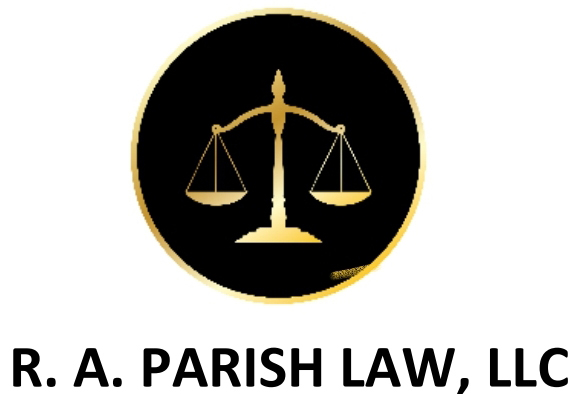Courts can order parents to pay child support, regardless of whether they are working. The Ohio Child Support Enforcement Agency has the power to open a child support case even when neither parent applied for services, such as when a custodial parent applies for a public benefit, such as Temporary Assistance , Cash Assistance or Medicaid.
When a noncustodial parent loses his or her job or experiences some other kind of major life event that impacts his or her ability to pay child support, he or she must quickly notify the court and the child support office. Similarly, custodial parents can also file motions to have child support orders modified when a noncustodial parent receives a raise and has greater net resources.
CHILD SUPPORT LAWS IN OHIO
In custody cases, the court can make the determination of parental responsibilities. Under Ohio Law a court can order either the custodial parent or noncustodial parent or both parents to support a child:
An obligation for support shall continue for any child until age eighteen (18) or said child dies, marries, or otherwise is emancipated as defined by Ohio law, whichever event shall first occur. In the event that a child shall reach the age of eighteen (18), and is not otherwise emancipated and the child continues to attend an accredited high school on a full-time basis, then child support payments will continue for so long as full-time high school attendance is sustained. In no event, however, shall child support continue beyond age nineteen (19) except as provided pursuant to R.C. § 3119.86(1)(a).

The Ohio Child Support Enforcement Agency (CSEA) uses income withholding, when possible, for enforcement and collection of ordered child support. This method is mandatory and applies to almost all types of income-not just wages. The word “income” includes, but is not limited to:
-
personal earnings
-
workers’ compensation payments
-
unemployment compensation benefits
-
pensions
-
annuities
-
allowances
-
private or governmental retirement benefits
-
disability or sick pay
-
insurance proceeds
-
lottery prize awards
-
any form of trust fund or endowment
-
lump-sum payments
-
assets in a financial institution
-
any other payment in money
If an individual fails to comply with a required action and enforcement by a court becomes necessary, the court can hold the person in contempt. Contempt penalties can increase with each offense and include fines and/or jail time or other remedies that the court finds appropriate. Some of the reasons a person can be cited for contempt are:
-
Disobeying a judgment or order of the court
-
Failure to obey a subpoena or refusal to answer as a witness
-
Failure to appear in court as required
-
Failure to submit to genetic testing
-
Failure to comply with the provisions of a child support order
STATEMENT
Child support can also be enforced by the use of criminal statutes. The state statute in Ohio provides for criminal penalties, including fines and/or a jail or prison sentence, depending on the length of time of the non-payment.
Federal law also provides for criminal non-support to be prosecuted, if certain criteria are present. For a misdemeanor federal offense, the non-payment must be willful, the obligation must be unpaid for at least one year or be greater than $5,000, and the offender and the child must reside in different states. Possible penalties for this offense include imprisonment for up to six months and/or a fine, and mandatory restitution of the total unpaid support obligation.
Have you been contacted by an Ohio Child Support Enforcement Agency Office? Do you need assistance modifying a child support order? Contact R. A. Parish Law, LLC for an honest and thorough evaluation of your case during a free, confidential consultation. You have rights and there are many exceptions to child support calculations for which you may not be aware. Understand your rights today.
